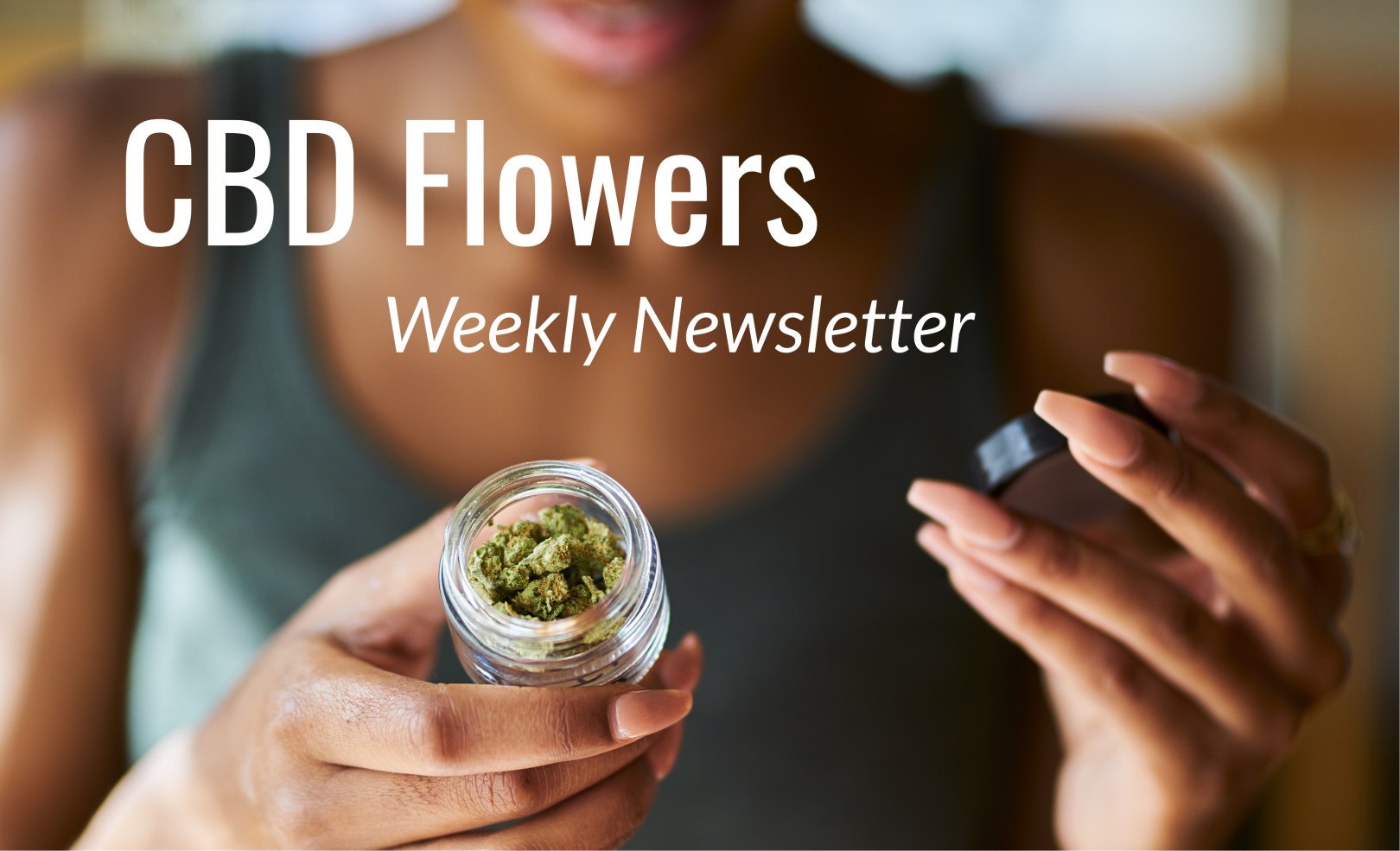If you have any bit of experience with cannabis users, especially in the retail sector, you know that people who use cannabis are extremely diverse. Young, old, liberal, conservative, all races and classes – seriously everyone seems to love weed. So why do the most common media representations of a “stoner” lie somewhere between complete idiot and criminal outcast?
Lazy, goofy, unmotivated, unproductive, uneducated, criminals, losers – all these adjectives paint a picture of the basic stoner stereotype, but where does this persona come from? It can be argued, pretty definitively, that it started back in 1936 with the infamous film, Reefer Madness, a propaganda movie that depicted cannabis as a dangerous drug that made people lose complete control over their thoughts and actions, leading to insanity and homicidal behavior.
Today’s stoner movies have a different air to them but the core message remains the same in most, stoners are either morons or criminals. Now don’t get me wrong, stoner movies are hilarious and I love almost every single one of them. From classics like Cheech and Chong to more recent comedies such as Half Baked and Pineapple Express, these movies are always a treat to watch.
However, they’re not relatable, as the main character’s goofy ineptitude is typically getting them into some very crazy and unrelatable situations. Something can be said for taking the power back and turning what was originally a negative characterization into something funny and lighthearted, but did it ultimately cause more harm than good? I mean, the idiot-stoner guise can be hard to shake, despite the legalization and social acceptance of cannabis.
To learn more about about cannabis, and for exclusive deals on flowers and other products, subscribe to The CBD Flowers Weekly Newsletter
What is the Stoner Stereotype?
Let’s take a look at Cheech and Chong, quite possibly the most popular stoner-duo in modern comedy history. Again, they’re hilarious, endearing and a staple in household entertainment for many people, me included. That said, they do portray an unrealistically dumbed down version of a typical cannabis user, reinforcing the idea that smoking pot makes you less intelligent, or that people who are already less intelligent are the ones who are drawn to the plant in the first place.
It’s not hard to see where this stereotype comes from though, some of the short-term side effects of smoking weed are a comedy gold mine – memory loss, paranoia, munchies, giggles – if you exaggerate them a bit, throw in a couple comically inept protagonists with a complicated task to complete and you have an easy-to-produce comedy every time.
There’s one other common typecast that you see when cannabis is an integral part of the main character’s life, and that’s the rebel/badass/criminal personality – think Nancy from Weeds, the suburban mom turned illegal marijuana dealer. This stereotype perpetuates the belief that cannabis leads to dangerous situations and a lawless lifestyle.
Although there is some truth to these dispositions, the problem is that they’re incredibly overstated and from the outside looking in (meaning someone who doesn’t use cannabis watching one of the movies), it doesn’t make a strong point for cannabis legalization. Plus, sometimes it would be nice to see stoner characters that are more relatable right?
Stoner movies and TV shows pushing the clichés
We’ve seen it time and time again with movies like Up in Smoke, Cheech and Chong’s first movie released in 1978. It was edgy for its time and remains a hilarious classic that set the stage for quirky stoner-duo comedies like Harold and Kumar (White Castle, Guantanamo Bay, etc.), Craig and Smokey (Friday), Dale and Saul (Pineapple Express), and the list goes on.
Look at television, it wasn’t until the mid-2000s that we started seeing cannabis at the forefront of some high-profile network TV series. First there was Weeds, which I mentioned earlier, that aired on Showtime from 2005 to 2012 and centered around a widowed, California mother of two that began selling weed to support her family. Her illegal enterprise landed her and those close to her in no shortage of dangerous and stressful situations.
Then there was Broad City, a show that started as a web series and follows the lives of two stoner women in New York, who manage to make boring, mundane, everyday tasks into hysterically complicated events. The show is based on the main characters’ real-life friendship and their attempt to “make it” in the big city.
More recent, and also more controversial, is the Netflix-original series Disjointed, starting Kathy Bates as Los Angeles dispensary owner Ruth Whitefeather Feldman. Ruth and her mixed bag of stoner sidekicks live up to all the worst of the worst stoner stereotypes. The show only lasted two seasons and it’s easy to see why. I mean, it’s not the worst thing I’ve ever watched but it’s pretty bad and the clichés will really make you cringe.
Reefer Madness
I’d be remiss if I didn’t say a few more words about the original stoner stereotype movie, Reefer Madness. As far as anti-cannabis political propaganda goes, it doesn’t get much better than the 1936 version of Reefer Madness.
In the opening scene, a warning is presented to the audience that “marijuana is turning all our children into hooligans and whores.” A stoned lunatic murders a man while a sweet innocent woman takes a couple hits and turns into a sultry vixen. Everyone was completely out of their minds on pot, literally.
“I think the films were an important element in reinforcing the ignorance that was prevalent regarding marijuana during the 1930s when prohibition was first adopted,” says R. Keith Stroup, Washington D.C. public-interest attorney and founder of the National Organization for the Reform of Marijuana Laws (NORML). “The government, I’m sure, loved the fact that it was out there, but it was a privately made movie produced to make money.”
Looking forward
For now, our pool of unique and intelligent stoner-characters is shallow, when it comes to media and film. Hopefully in the future, movies will have more dynamic cannabis-consuming casts, and maybe more ethnically diverse and female leads as well.
Thank you for stopping by CBD FLOWERS, your hub for all things cannabis-related. Make sure to subscribe to the CBD Flowers Weekly Newsletter for more information and weekly deals on flowers and other products.













